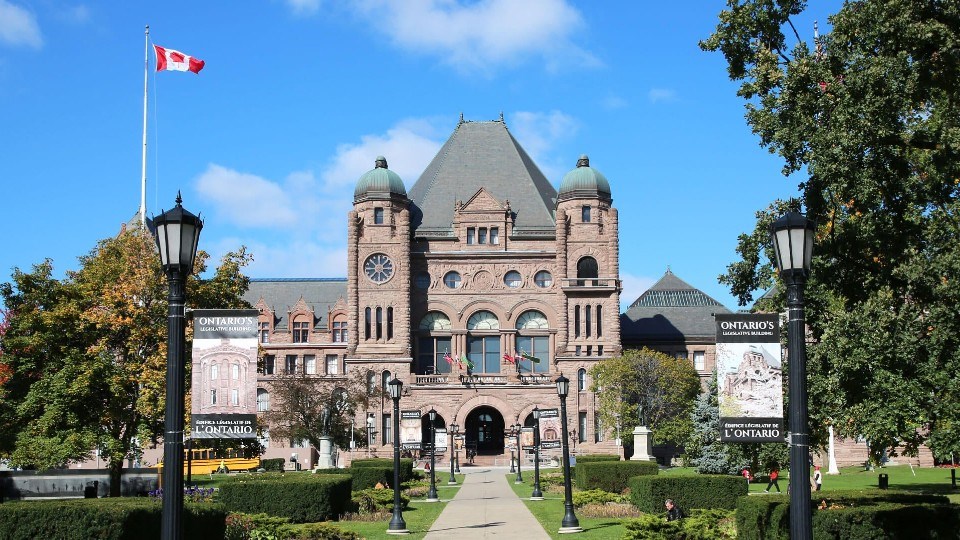The provincial government has locked down the Upper York Sewage Solutions project with its passage of the York Region Wastewater Act Oct. 19.
The government passed the second and third readings of the bill, which will stop the province from approving a 2014 environmental assessment for Upper York, a project key to future growth in Newmarket, East Gwillimbury and Aurora . The province re-introduced the law Oct. 5 and skipped committee stages to finalize it.
York Region Chairman and CEO Wayne Emmerson criticized the bill, which will stall the project as the province puts together an advisory panel to review the situation and alternative options.
“We will not see a result on this thing until late 2022. It’s very disappointing,” Emmerson said Oct. 14.
The Upper York Sewage Solutions is the region’s preferred way to address the sewage capacity issues expected in the next several years due to growth for Newmarket, East Gwillimbury and Aurora. It would put filtered wastewater into Lake Simcoe, with a phosphorus offset. But it has faced staunch opposition from environmental groups and the Chippewas of Georgina Island First Nation, who are concerned about the lake’s capacity and the potential environmental impact of the plant.
Minister of Environment, Conservation and Parks David Piccini told the provincial legislature that more engagement is needed with the First Nations and other stakeholders.
“More engagement with that community is needed to get this right, and more current information is needed from experts to give us a better understanding of the potential environmental, social and financial impacts of any wastewater servicing solution for York Region,” Piccini said.
He also described the scope of the advisory panel, which should include Indigenous people. Its mandate includes examining alternatives to Upper York — such as a provincial proposal to send more of York sewage to an existing plant in Durham — as well as the viability of different options.
The two readings passed 40 to 7, but members of the Opposition criticized several aspects of the bill. NDP Timiskaming-Cochrane MPP John Vanthof questioned cutting a committee process that could have allowed for more expert input. He also criticized a clause in the bill that states no legal action can be taken against the province for a direct or indirect result of the act.
“The government was elected to make laws, but I’m not sure that the people of Ontario or the people of York are happy that the government is saying, 'Well, we’re going to make decisions, but then we’re not going to allow anyone to be able to access the courts to keep themselves whole from damages caused by the government.' I don’t think anyone signed up for that,’” Vanthof said.
NDP Brampton-East MPP Gurratan Singh said the bill both insulates the government from direct action or accountability.
“Because all of a sudden his hands are tied with respect to this matter, and then it also prevents lawsuits being carried out against the government,” he said.
The province has yet to name panel members but has indicated it would have a year to fulfill its mandate.
Meanwhile, York Region is doing several projects to increase sewage capacity for Newmarket and its neighbours in the interim. But after years of delays, the region has projected it could run out of sewage capacity in the years it will take to build Upper York Sewage Solutions, even if it is eventually approved.
